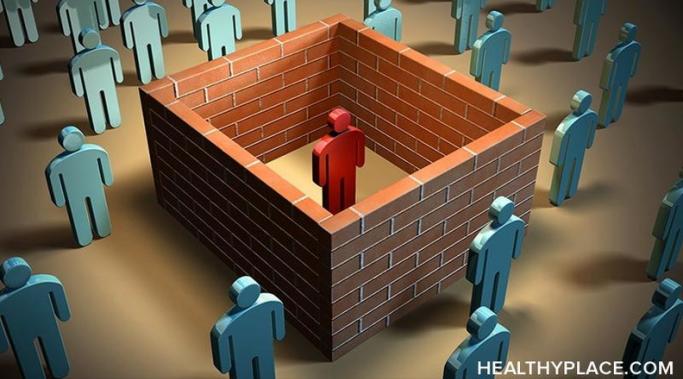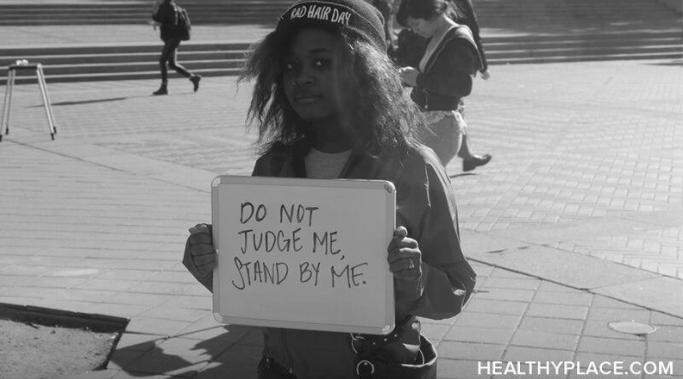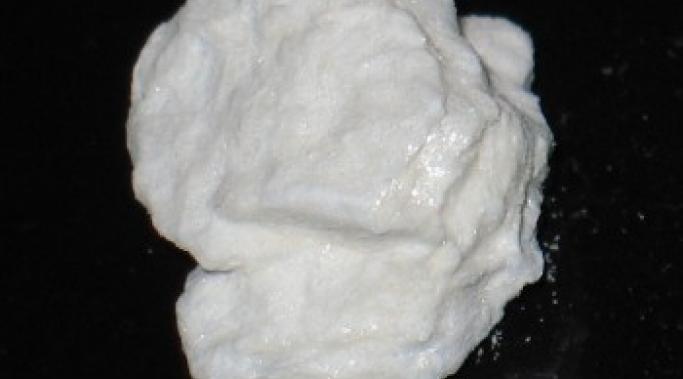Behavioral addiction and substance addiction have similarities and differences. I've learned over time that most people only associate addiction with substance abuse or chemical dependency, often leaving those suffering from behavioral addictions completely alone and underserved in their recovery process. In my recovery journey, I have had to overcome a lot on my own and even to this day, I have been told by many that my addictions either aren't real or aren't important simply because they don't involve illegal or harmful substances. Behavioral addictions are just as valid and often just as devastating as substance addictions, although sometimes the recovery process for each one can differ greatly.
Stigma - Debunking Addiction
In my observation, nearly every individual in addiction recovery has either heard of or experienced the 12-step groups or the 12-step curriculum. Some recovering addicts swear by 12-step practices and principles and other addicts convulse at the thought of attending a 12-step group meeting to share their feelings with a bunch of addicted strangers. I feel that I have a rather unique perspective on the 12-step model because while I don't actively participate in every principle and policy they suggest, I have developed a deep respect and admiration for the community as a whole and what they represent.
Alcohol abuse affects women differently than it affects men, even when they drink smaller amounts. There are more health risks for women, including liver disease, breast cancer, and brain damage. While women are just as likely as men to be successful with sobriety, women who abuse alcohol may have more challenges finding accessible treatment for alcohol abuse and addiction.
Anyone can help stop the stigma of substance abuse. A major obstacle to addiction recovery, stigma, is a set of negative beliefs that a group or society holds about a topic or group of people. Stigma results in prejudice, avoidance, rejection, and discrimination against people who have a socially undesirable trait such as drug abuse or addiction. In my own recovery process, I felt the stigma of substance abuse and it kept me from seeking help for many years.
Substance abuse stigma is but one obstacle on the path to addiction recovery. Legal troubles, medical issues, psychological problems, family issues, and work-related issues make up some others. But the stigma surrounding substance abuse adds insult to injury. For some, these obstacles to addiction recovery have the power to throw a person off the path to recovery. During a time when people need love, support, and encouragement, stigma makes recovery challenging. Substance abuse stigma can be found within an addict (self-stigma) and from outside influences.
At times, I feel a certain stigma of addiction when I tell people that I have been to rehab for addiction to alcohol. It’s something that really bothered me in early sobriety because, even then, I saw going to rehab as a positive thing that was done to improve a person’s life. I know that when I went to rehab for alcohol abuse treatment, it was because I truly wanted to change my life and fix the mess that I was in. So, when I was met with stigma about going to rehab, it made me angry and frustrated. Since that time, I have continued to be very open about my alcoholism and my recovery, and I have learned some ways to get over the stigma of addiction.
Safe injection sites are becoming more popular across the world (Heroin Abuse, Heroin Overdose). But only two exist in North America, both in Vancouver, British Columbia. So what are safe injections sites and what benefits and concerns do they bring?
Crack cocaine and powder cocaine are treated very differently in public and political conversation. So what is the difference between crack cocaine and powder cocaine? They affect your body the same way, but the main difference lies in the method of use (Cocaine Effects, Cocaine Side Effects).
Too often American society dehumanizes and devalues the lives of drug users, particularly drug addicts. Not recognizing and responding to the humanity of drug addicts is a dangerous moral and societal failing.
There are many stereotypes about alcoholics that enable denial that developed through years of misinformation, changing research, and biased opinions. These misconceptions about alcoholism, and the people who suffer from it, are arguably the biggest barrier to individuals seeking help. Alcoholics use stereotypes to justify their drinking habits and explain why they cannot possibly be an alcoholic (Identifying and Diagnosing Alcoholism). If the stereotypes about alcoholics were debunked and known to be attributes not exclusive to alcoholics, these excuses would be harder to find. Without stereotypes about alcoholics, it would be harder to enable denial.









